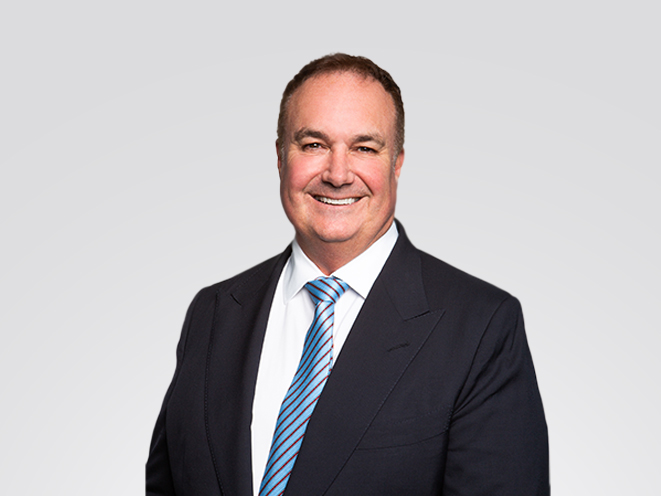In the first decision of its kind, the Advertising Standards Authority (ASA) has upheld four complaints in relation to Instagram posts by social media influencer, Simone Anderson. The complaints raised issues of truthful presentation and identifying advertising in relation to content Anderson posted on Instagram that wasn’t clearly identified as advertising.
Although this is not the first time that complaints have been laid about influencer content in New Zealand, this is the first enforcement action that has been taken regarding influencer advertising and identification. Previous action in response to complaints has involved the content being taken down or removed, for example, an Instagram post from Art Green endorsing Heineken was removed after a complaint that the hashtag #sp was not enough to indicate the influencer was being paid.
The ASA’s decision
The complaints related to two Instagram posts by Anderson. The first showed Anderson posing on the beach in activewear with the caption: “Our little stroll this morning was so gusty!! Crop and tights @aimn.oceania ‘Simone10’.” The second showed Anderson having high tea with the caption: “Enjoying the new Autumn high tea menu at @cordisauckland – always such a treat!”. The caption included a prize giveaway code and tags to the fashion retailers of the top, pants and shoes in the photo.
Three complaints alleged the first post misled consumers, as the commercial relationship between Anderson and the activewear company being promoted wasn’t disclosed or made clear. The complaints board agreed the post was an advertisement because Anderson was receiving payment in the form of free goods and commission through an affiliate code. The Advertising Standards Authority Code of Ethics requires advertisements to be clearly distinguishable as such, whatever their form and whatever the medium used. On social media platforms, commercial relationships and advertisements are commonly identified through the use of words or hashtags such as #AD, #Sponsored etc.
Another complaint alleged a lack of transparency in the second post, including whether the hotel stay and experience was gifted or sponsored. The complaints board found Cordis Hotels had an ongoing relationship with Anderson, but no formal contract and that the hotel stay was given in exchange for content on social media. The Cordis Hotel had advised Anderson that the hashtag “#Gifted” should be added to the post. However, most members of the complaints board agreed that even with the hashtag “#Gifted”, the post would still have been ambiguous and would not have adequately identified the ongoing arrangement between Anderson and the Cordis Hotel. The complaints board agreed that while there was nothing wrong with being paid to create content by receiving gifts, services and hotel stays for free, when this occurs there needs to be full disclosure up front with the audience about the commercial arrangement.
The complaints board found that the first post breached the Advertising Standards Code around being truthful, balanced and not misleading, and advertised as such. The second post was found to have breached the same rule as it was again presented as organic content and the commercial intent and ongoing relationship was not made clear.
What guidance is available to influencers?
Guidance from the Advertising Standards Authority states that an influencer must make it clear if a post is sponsored, but, does not detail how. This lack of guidance has resulted in a laissez faire use of hashtags by influencers. Although most influencers appear to be operating based on best practice and identifying advertising content, this area of advertisements is still largely unregulated and rarely enforced. This is in stark contrast to guidelines from the Competition and Markets Authority in the United Kingdom’s that state a post must be labelled #Ad or #Advert or equivalent, and that the hashtag not be buried in a laundry list of others. It also says vague terms like #sp (short for “sponsor”) and #collab don’t cut it.
Although most of an influencer’s target market would probably understand what hashtags such as like #sp and #collab mean, this decision suggests the ASA will come down on the tough side when considering complaints.
Our view
While there is no specific legislation relating to influence advertising, businesses and influencers still need to comply with the requirements of the Fair Trading Act 1986 and the Advertising Standards Code when posting advertorial content online and through social media platforms.
Despite the ASA’s decision, it is perhaps more the ‘court of public opinion’ that influencers need to worry about. Loyalty is normally built on trust and one serious wrong move may cause influencers to lose followers, brand partnerships and their reputation. But it is not always that straightforward. In the influencer space, even an adverse decision may be useful publicity allowing the influencer to stay in the public eye, gain notoriety and increase followers. However, a pivot like this would be far more challenging for a company associated with an influencer to execute.
So it’s not necessarily just influencers that need to be cautious. In reaching their decision, the complaints board noted there could be a number of parties involved in commercial arrangements in influencer advertising and all had a role to play to ensure advertisements were transparent, responsible and complied with the Advertising Standards Code. The ASA’s decisions have prompted consumers to call out brands that have chosen to work with influencers who may not have disclosed promoted content in the appropriate way. It’s clear that the buck doesn’t stop with influencers, and that brands needs to take control of any advertising or promotional narrative (whether on social media or other platforms) from the outset.
When using paid-for social influencers, or where goods and services are gifted in exchange for influence advertising the best way for businesses to manage risks are to:
- Implement robust agreements between your business and your influencers that require them to clearly disclose a connection between your business and the influencer.
- Ensure that your agreements require influencers to label their posts with “#Ad” or “#Advert” upfront (before consumers click or engage); in a prominent place; that is appropriate for the channel; and suitable for all devices.
- Train and Monitor influencers. Implement a compliance program for influencers to follow, that teaches them what disclosures need to be made and when. Enforce the compliance program. Monitor the posts of the social influencers that your business engages with.
What’s next?
If you have any questions or want to understand more about how the above issues are relevant for your business, please contact one of our experts.

